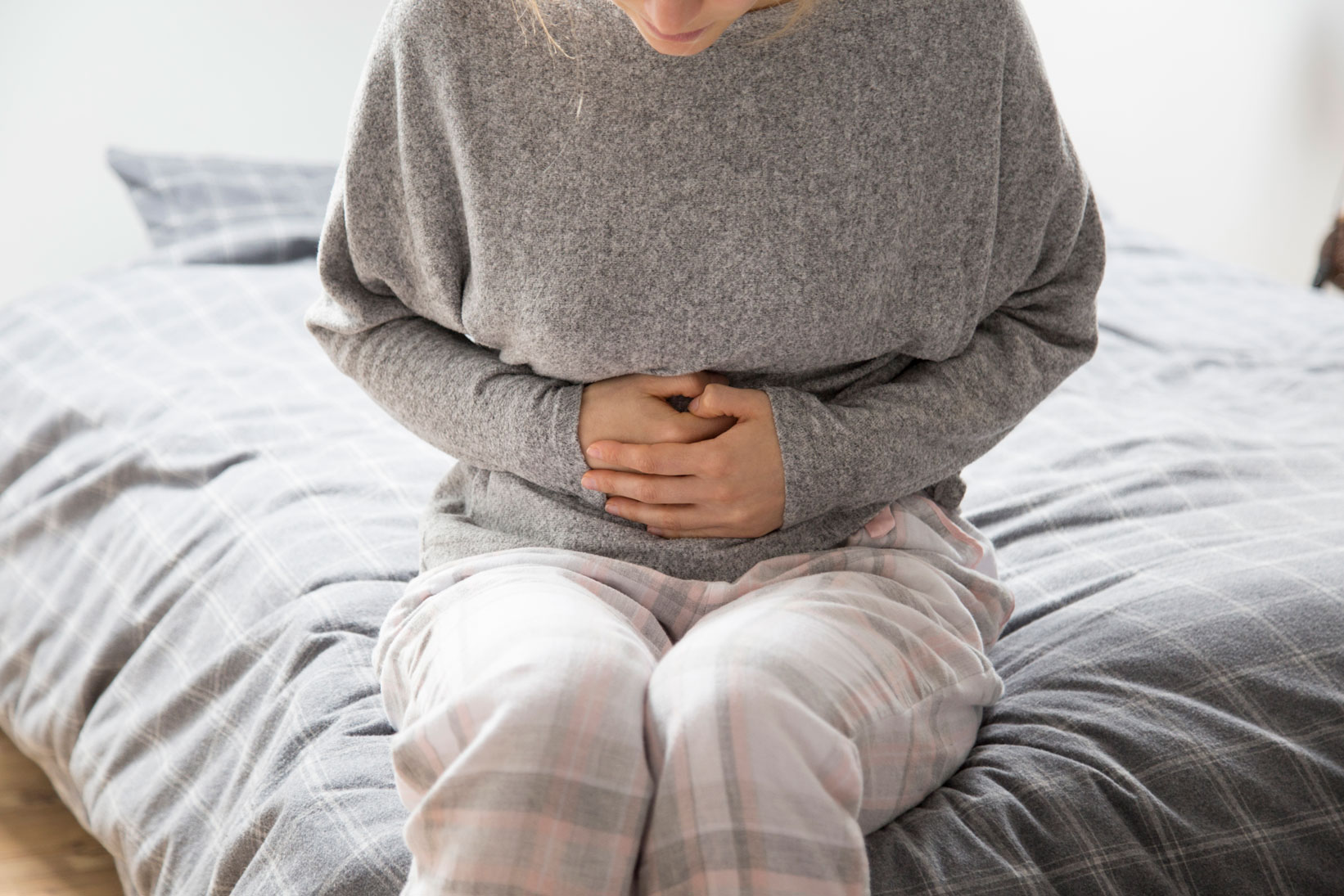Table of Contents
ToggleGastritis is a common condition that can cause persistent and uncomfortable symptoms like indigestion, heartburn, nausea, and upper abdominal discomfort. These symptoms may come and go — or linger long enough to affect daily life and dietary habits.
At its core, gastritis refers to inflammation of the stomach lining. This irritation may be triggered by various factors, including infection, medication use, alcohol, or stress. In some cases, it may occur without a clear cause.
This article explores practical, non-medication strategies — focusing on lifestyle and diet — that may help manage symptoms and reduce flare-ups. While these changes can support relief, it’s still important to speak with a healthcare professional to confirm the diagnosis and determine whether medical treatment or further evaluation, such as a gastroscopy, is appropriate.
What Causes Gastritis
Gastritis occurs when the lining of the stomach becomes irritated or inflamed. This protective lining normally acts as a barrier against stomach acid. When it’s weakened or damaged, inflammation can develop, leading to discomfort and other symptoms.
There are several potential causes of gastritis, including:
- Helicobacter pylori (H. pylori) infection – A common bacterial infection that can weaken the stomach lining over time
- Prolonged use of NSAIDs – Medications like ibuprofen and aspirin can irritate the stomach and increase the risk of gastritis when used frequently or in high doses
- Excessive alcohol consumption – Alcohol can erode the stomach lining and trigger inflammation
- Smoking – Tobacco use may impair the stomach’s natural defences and delay healing
- Stress-related factors – Severe physical stress, such as illness, surgery, or injury, can lead to stress-induced gastritis
- Autoimmune conditions – In some cases, the immune system may mistakenly attack the stomach lining
- Other causes – Including bile reflux, radiation therapy, or certain infections beyond H. pylori
Understanding what causes gastritis is important because addressing the underlying trigger—whether it’s a medication, infection, or lifestyle factor—can be an essential part of long-term management.
How to Adjust Your Lifestyle and Prevent Gastritis
While medication may be necessary in some cases, many individuals also look for practical ways to support recovery through daily habits. If you’re wondering how to treat gastritis beyond medication, certain lifestyle adjustments like the following, can help reduce inflammation and support long-term relief:
Manage Stress to Reduce Stomach Irritation
Because stress can heighten stomach acid production and irritation, building healthy coping mechanisms is not only important for general well-being — it’s also a useful approach to relieve gastritis pain, especially during flare-ups.
Try incorporating stress-reducing activities such as:
- Mindful eating—slowing down and focusing on your meals.
- Gentle yoga or stretching, especially poses that relieve abdominal tension.
- Breathing exercises before or after meals.
- Making time for calming hobbies or low-intensity movement.
Avoid Smoking to Protect Your Stomach Lining
Smoking damages the stomach’s protective lining and delays healing. It also increases acid production and can raise the risk of complications like ulcers. If you smoke, quitting is one of the most impactful steps you can take to support your recovery from gastritis. Speak with your doctor about cessation resources.
Limit or Avoid Alcohol to Prevent Further Stomach Irritation
Alcohol is a direct irritant to the stomach lining. Even small amounts may worsen symptoms in individuals with gastritis. It’s best to avoid alcohol during flare-ups and limit intake even when symptoms are mild. If you choose to drink, do so in moderation and always with food.
Elevate Your Head While Sleeping to Minimise Nighttime Acid Reflux
If acid reflux worsens your gastritis symptoms at night, sleeping with your head elevated may help. Use a wedge pillow or raise the head of your bed slightly to reduce the chance of acid backing up into the oesophagus.
Remain Upright After Eating to Aid Digestion and Reduce Pressure
After meals, stay upright for at least 2–3 hours. Lying down too soon can increase pressure on your stomach and promote acid reflux—further irritating an already sensitive stomach lining.
Be Cautious with NSAIDs to Protect Your Stomach Lining
Non-steroidal anti-inflammatory drugs (NSAIDs), such as ibuprofen or aspirin, are known to irritate the stomach lining and are a common cause of gastritis. If you rely on these medications regularly, speak with your doctor about safer alternatives or protective measures.
How to Improve Your Diet to Soothe Gastritis

Identify and Avoid Trigger Foods
Not all foods affect people the same way, so it’s important to observe which items trigger your symptoms. Common culprits include:
- Spicy dishes
- Fatty or fried foods
- Citrus fruits and tomatoes
- Coffee, tea, and caffeinated drinks
- Carbonated beverages
- Alcohol
Keeping a food diary can help you identify patterns and better understand what your stomach tolerates.
Embrace a Bland Diet
A bland diet focuses on foods that are gentle on the stomach and less likely to cause irritation. Consider options like:
- Steamed or boiled vegetables
- Baked or grilled lean proteins such as chicken or fish
- Plain rice, toast, or soft-cooked cereals
- Bananas, applesauce, and non-citrus fruits
Eat Smaller, More Frequent Meals
Large meals can stretch the stomach and stimulate more acid production, which may worsen gastritis symptoms. Instead, aim for smaller portions spread throughout the day to ease the digestive workload.
Chew Your Food Thoroughly
Proper chewing helps break down food before it reaches the stomach, reducing the need for extra acid and digestive effort. This small habit can make a meaningful difference over time.
When to Seek Medical Advice
While lifestyle and dietary changes can help manage mild to moderate gastritis symptoms, they may not be enough in all cases. You should seek medical attention if you experience:
- Persistent or severe abdominal discomfort
- Blood in vomit or stool
- Ongoing nausea or unexplained weight loss
- Difficulty eating or signs of anaemia
These may indicate more serious underlying conditions that require evaluation and tailored management.
If you’re unsure about what’s causing your symptoms, or if they persist despite lifestyle adjustments, it’s important to get a proper diagnosis. A consultation with a doctor can help determine whether further investigation, such as gastroscopy, or medication is necessary.
For personalised support and a thorough evaluation, you can schedule a visit at Dr Thng Yongxian’s clinic to discuss your symptoms and explore a treatment plan that best suits your needs.
